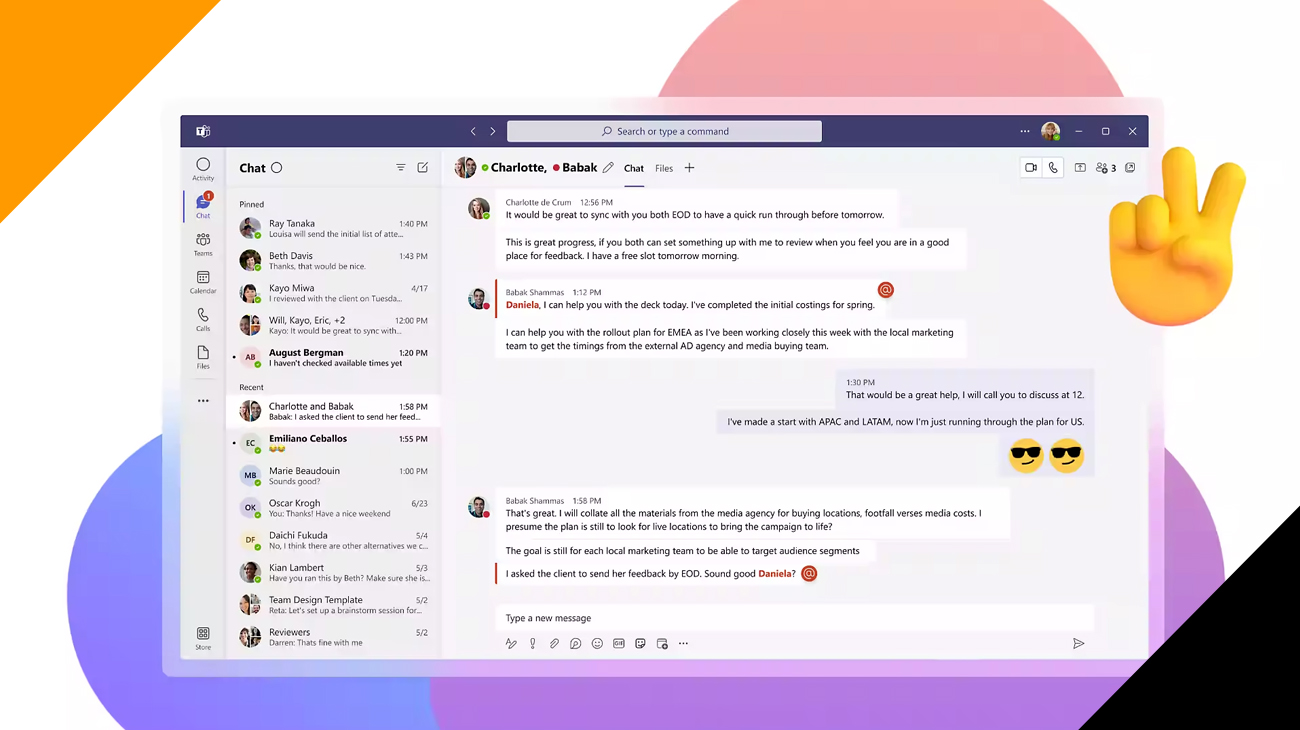Some of the different types of call centers that are in business today

Types of Call Centers and Their Purposes
Customers are the backbone of any business. Customers are essential to a business. It is therefore crucial for any business to ask: How can you balance costs while providing a great experience for customers?
A call center is the best option for many companies. Many companies are outsourcing their call centers services, from small businesses to mid-sized corporations to big companies like Microsoft and Ford. They will turn to call centers for various purposes that could benefit their business and their customers. What are call center types? You can see the benefits of outsourcing your call center to your business by looking at the different types of call centers and the services they provide.
Table of Contents
What are Call Center Types?

What are call center types? A wide range of services can be offered by call centers, and each center is better for different responsibilities. There are six major types of call centers, so it is important to understand their strengths to find the best option for your company.
Inbound call centers
Calls coming into the company are routed through an inbound call center. This service is typically provided to existing customers or customers who are interested in purchasing your product. However, it can also include service to employees within your company. The following services are available at inbound call centers:
- Processing orders: Callers may call a representative from the call center to discuss their purchase options, collect payment information, and record the order information.
- Providing dispatch services: A dispatch center can receive calls and transfer them as required. It also monitors the progress of any shipments.
- Offering help desk support: Customer support is available via a help desk. If a customer has a problem, a representative at the support line can help.
- Answering and transferring calls: A call center can serve as an answering service. It may have representatives that answer calls from customers and ask them about their reason.
Outbound call centers
An outbound phone center is a service that contacts customers on your behalf. It can be a cost-effective way to increase your company’s reach. Outbound calling centers representatives have common responsibilities.
- Selling to potential customers: Telesales professionals typically work with a list or leads that they have gathered through market research. They then contact the customer directly to pitch their products.
- Expanding your sales reach: A telemarketing representative may reach out to potential customers, conduct surveys with existing customers, or perform customer outreach.
Automated call centers
A company can reduce its costs of call management by using automated systems to handle certain caller responsibilities. Automated systems can often be run with a smaller staff than traditional live-operator call centers, since they only require personnel to manage the systems and perform certain tasks that the automation cannot. There are many common uses for automated call centers:
- Managing voicemail: Automated voicemail is one of the most used call center services. An automated voicemail service can be used by a company to cut down on the time it takes for employees to answer messages.
- Helping customers find locations: Businesses with multiple locations may utilize automated call centers to help customers locate a store near them.
- Interactive voice responders: This allows a caller to speak normally and uses technology to understand their words. It can also navigate them through a menu. Sometimes, it will transfer callers onto an employee at a center.
Multichannel call centers
While phone calls still play an important role in modern businesses, there are many ways to communicate with customers. Modern call centers have expanded their services to customers to include additional communication tasks such as sending and receiving emails, faxing and overseeing the fulfillment of orders.
Omnichannel call centers
A call center that offers an omnichannel service can build on multichannel offerings, and offer enhanced coordination and customization. All departments that are assigned to clients can communicate with each other through an omnichannel phone center. This allows staff to benefit from the information they have gathered via phone calls and vice versa. This allows call center agents to tailor their interactions with clients more effectively, which can lead to better results.
Virtual call centers
Virtual call centers allow staff to work remotely from their homes and not in one location. Outbound marketing calls may be the specialty of a virtual call center. A virtual call center doesn’t need a physical location to operate from, which can lower a company’s operating expenses. A company’s overhead costs are lower and can allow them to offer lower rates for their customers.
What is a Call Center?
First, it is important to get our definitions right. A call center, in general, is a centrally managed department that handles outbound and inbound calls to and fro customers. Contrary to contact centers which can manage multiple channels like email, SMS, social media and other contact channels, call centers only focus on phone calls.
Call centers serve many purposes, as we will soon see. Call centers are, most importantly, a link between your business, customers, and serve as extensions of the customer service and sales departments. Therefore, call centers play an integral role in driving revenue and generating leads. They also answer customer questions, solve problems, and create pleasant customer experiences.
What is the purpose of a call center?
Your call center’s primary purpose is to improve your operations. You can provide customers with the best possible service and reduce the costs of investment in your company’s resources by outsourcing some of your duties to call center professionals. Call centers can help companies gain new customers, as well as retain existing customers. They streamline and centralize processes and services and increase their ability to win new customers. The most common tasks that call center employees perform include:
- In order to increase sales, call center agents often make direct phone calls to customers.
- They might be able to assist existing customers who have problems with your product. This could include scheduling repairs, ordering a replacement or reimbursement.
- Call centers can provide technical support for customers. They may be able to teach the customer how to accomplish a task or guide them through troubleshooting in order to find the cause of the problem.
- Call centers can respond quickly to customers who need emergency service. The call center can then delegate the assistance to the caller.
- Employees at call centers may conduct market research or surveys for a certain demographic. They also can conduct broad surveys that cover all groups.
- Call centers might offer dispatch support to outside workers, such as taking and routing calls to remote sales or delivery staff. This can help improve efficiency and coordination.
In-House vs Outsourced Contact Center
All call centers fall under one of the two categories: in house or outsourced.
One company can have a call center and manage it themselves. This is known as “in-house”. This could be used to service existing customers or to make calls in order to acquire new customers. A call center in-house has many advantages. One is its closeness to the business. The call center is just another part of the business and may allow for consistency in branding and processes. Also, problems can be addressed faster. There are disadvantages, such as the expense of hiring, training, and sustaining employees.
Outsourcing their call center needs to third parties is an option for businesses that don’t wish to create or maintain their own call centers. This is a great way to save money, and many organizations opt for this option. Outsourcing may have its disadvantages. For example, there is a disconnect between your company and the center. Also, you might not get the same level of customer service as the call center.
General Call Center Benefits
Although the name may suggest otherwise, call centers can handle much more than just phone calls. Call centers often handle online communication via chats, email, and social media. These are some of the benefits that businesses get when they outsource their call center services:
- Reduced costs
- Increased flexibility
- Greater responsiveness
- More service coverage (including different languages)
- Access to the latest technology
- Freeing up business resources to invest elsewhere
Types of Call Center Services
Here are some quick facts about the different types and uses of call center services.
1. Inbound
Inbound call centers are available to take calls from customers. Its primary objective is to help customers solve problems that are related to any product or services. An example is a customer support representative at an internet service provider who answers inbound calls about problems with internet connections.
| Some of the common inbound call center services include: |
|
|
|
|
2. Outbound
Dedicated agents in outbound call centers make outgoing calls to customers, either new or existing. Outbound services are often used for telesales, surveys, and other customer service purposes.
| You can also hire outbound call centers for services, such as: |
|
|
|
|
3. Automated (Electronic)
An automated or electronic service of calling is used to automate processes within an organization.
| Some of the automated call centers services include: |
|
|
|
What is a Call Center Agent?

A call center agent is an employee responsible for handling inbound and outbound customer calls. An agent can handle many responsibilities, such as customer complaints, account inquiries and product or support issues. Many names are used today for call center agents, including customer service representative (CSR), agent, associate or operator.
Types of call center agents
People seem to gravitate towards certain types of people when they work in call centers. Even though every office is composed of people, every call center has a certain type of agent character. We all know that a happy team makes for a productive team. Your main responsibility as a supervisor in a call center is to keep your agents motivated and happy. Your team is a collection of people, so you won’t be able just to deal with them the same.
What is an Inbound Call Center?
Inbound call centers provide customer service and are responsible for handling incoming calls. In contrast, outbound contact centers are responsible for making calls to customers. They also handle customer contacts via multiple channels, and not just phone calls.
-
The overachiever
“Overachievers” refer to the top performers in your team in terms of work rate and success. They are the first to arrive at work, and the last to go home. It’s possible that they will be scrolling through emails during their lunch break.
“Overachievers,” who are determined to climb up the call center ladder, will most likely not be stopped by anyone.
“Overachievers” are determined to get things done in their day. Their perseverance makes them great problem solvers which is a huge asset to any customer support team.
-
The entertainer
Every office has its clown: The agent who loves to have fun and make people laugh.
The “Entertainer” agent has a positive attitude, which is very important when helping customers over the phone. They are an asset to any team and can provide exceptional customer service.
One thing is certain, an “entertainer”, or call center agent character, will never treat customers poorly even if they’re having a bad day. A positive outlook helps them get along with customers and their colleagues. This sounds wonderful, doesn’t it?
-
The transient agent
There will always be “transient”, or at least, agents in your call center agent team. They may be here today, gone tomorrow, or even the next day. Many call center employees view it as a temporary job until they can find a better one. Your team’s “transient” agents will lack a sense for responsibility and have no desire to settle in.
-
The loyal agent
Contrary to the “transient agent”, “loyal agents” are loyal members of your team who have been with you for years and don’t plan on leaving. This type of call center agent has a long-term vision and a goal to maintain a steady career in the center. Yes, really.
Because they are passionate about helping you succeed, they will offer exceptional customer service and represent your business the way that you would like them to.
-
The leader material
A “leader material agent” is a valuable asset for your company. This type of employee is a thinker. They can see the whole picture and offer ideas that will help improve productivity. Perhaps you will be ready to give up control of your company once you are ready to go. Because they are accomplished, it is important for them to acquire specialist knowledge.
Frequently Asked Questions
What is an Inbound Call Center?
Inbound call centers provide customer service and are responsible for handling incoming calls. In contrast, outbound contact centers are responsible for making calls to customers. They also handle customer contacts via multiple channels, and not just phone calls.









